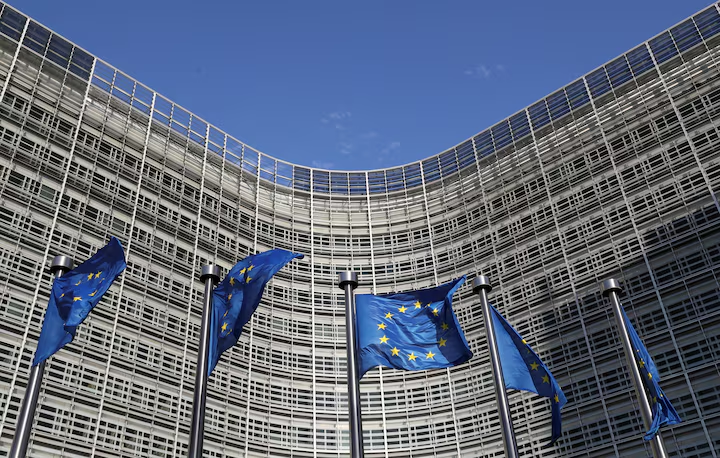A group of eleven European Union countries has called for further weakening of the bloc’s new deforestation law, according to an internal document seen by Reuters. The move comes as the EU prepares to enforce a regulation requiring companies to prove their products are not linked to deforestation.
The countries involved include Austria, Italy, Finland, and Poland, among others. They argue that the law, which is due to take effect at the end of 2024, imposes excessive burdens on businesses and could disrupt trade, especially in agricultural and wood-based sectors.
Law’s Requirements and Pushback
The EU deforestation regulation, approved in 2023, will require companies selling commodities such as soy, beef, palm oil, wood, and coffee to prove that their products are not sourced from land deforested after 2020.
The eleven countries are requesting that the EU allow more flexibility in enforcing the law. They are asking for a less strict application of due diligence rules, especially for products from countries considered low-risk.
The document suggests that national governments should have more room to interpret and apply the rules, rather than following a uniform EU standard.
Environmental Concerns
Environmental groups have criticized the effort, warning that weakening the law would undermine the EU’s climate goals and efforts to curb global deforestation.
Greenpeace and other NGOs said that strong implementation is essential to reduce deforestation and associated emissions. They warned that lowering standards could lead to loopholes and inconsistent enforcement across member states.
Next Steps
EU governments and the European Commission are continuing discussions on how to implement the law. While the regulation is already approved, the focus now is on how it will be enforced.
No final decisions have been made, but the issue is expected to be a key topic in upcoming EU Council meetings.
The regulation is currently scheduled to take full effect by December 30, 2024.
Source; Reuters



